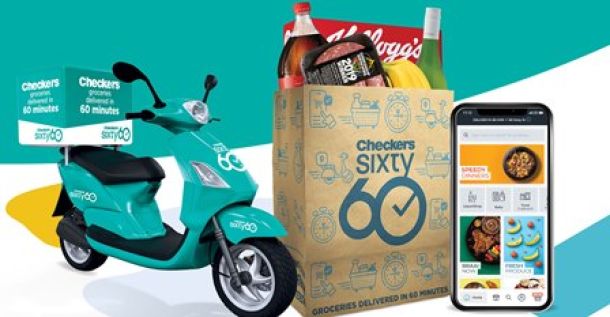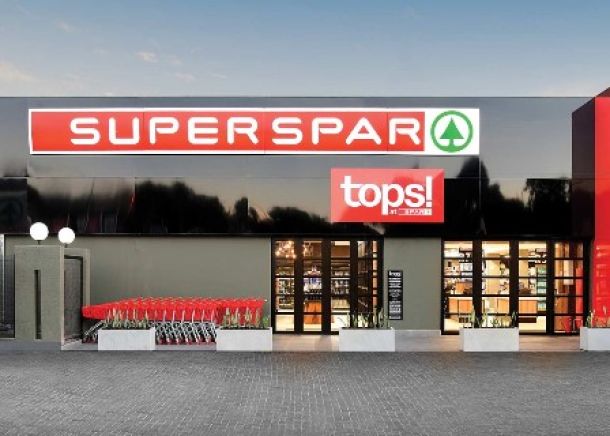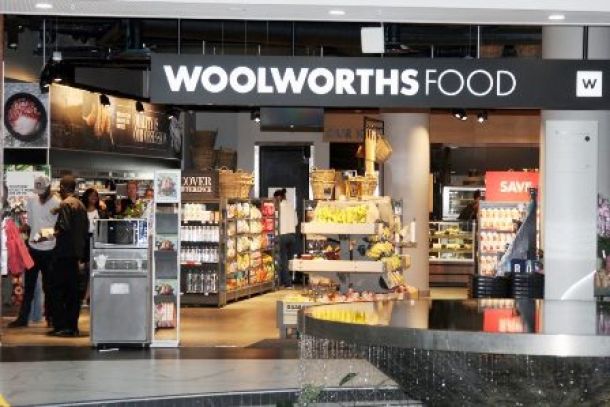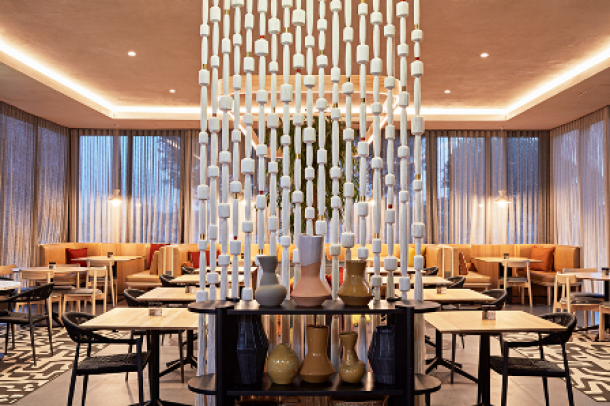Woolworths reveals growth plans to take on rising star Checkers
Upmarket clothing and grocery retailer Woolworths on Thursday (26 August) reported financial results for the 52 weeks ended 27 June 2021, showing a 9.1% increase in turnover to R78.8 billion.
Staff Writer | Business Tech
The group highlighted a ‘strong operational and financial performance’, notwithstanding the ongoing impacts of Covid-19 over the year, resuming a dividend payout of 66 cents per share.
Headline earnings per share rose 212.5% to 374.4 cents per share, and adjusted diluted headline earnings per share moved up 102.9% to 341.6 cents per share.
Group turnover and concession sales for the 52 weeks ended 27 June 2021 increased by 9.7% compared to the 52 weeks ended 28 June 2020 and by 5.9% in constant currency terms.
The retailer, which employs approximately 45,000 people, said its capital expenditure is increasingly shifting towards ‘digital, data and online’ with spend on ‘technology and customer’ up to R691 million, from R376 million in the prior year.
Woolworths said that trading conditions over the financial year are not directly comparable to the prior year, given the extensive impact of the pandemic.
It said that trade across the group continued to improve, notwithstanding uncertainty and business disruption exacerbated by the delay of the Covid-19 vaccine rollout, further outbreaks and related lockdowns across both South Africa and Australia.
The following factors also contributed to the group results and financial position:
- The sale of the Bourke Street Men’s and Elizabeth Street properties in David Jones were completed in the current year, resulting in net proceeds of A$120.0 million and A$504.4 million;
- Covid-19 necessitated an assessment of the carrying values of assets, resulting in impairment charges of R364 million (pre-tax); and
- The renegotiation of various leases, mainly in David Jones, resulted in lease exit and modification gains under IFRS 16 of R591 million (pre-tax).
South Africa
South Africa’s recovery from the Covid-19 pandemic was set back by the onset of the third wave towards the end of the fourth quarter, Woolworths said.
The consequential level 4 restrictions further dampened already-weak consumer confidence, which is expected to limit discretionary spending. Furthermore, the recent civil unrest and related widespread destruction of property in KwaZulu Natal and parts of Gauteng will also impact economic conditions and consumer sentiment.
“We are pleased to announce that we have reopened two stores to date, with a further eight expected to be opened within the next four weeks. Our Maxmead Distribution Centre has also resumed full operations, and we are continuing to work with our insurance assessors regarding our claims,” it said.
Food
For Woolworths Food, turnover and concession sales for the current year grew by 6.9% and by 5.7% in comparable stores. The business grew both market share and volumes during the period despite the high base set in the prior year driven by stockpiling ahead of the first lockdown.
Woolworths said that the price movement was 5.2%, with underlying product inflation of 4.9%, while net space increased by 0.6%. Sales in the second half of the current year grew by 3.2% and 16.9% over a two-year period.
“We continue to invest in price in key product categories to improve our value proposition while remaining focused on product quality, innovation and convenience. Online sales grew by 117.9% over the current year, contributing 2.3% to our South African Food sales.
“This was further supported by the expanded Click-and-Collect offering and the rollout of our on-demand delivery service, Woolies Dash,” the group said.
Fashion Beauty and Home
For the group’s FBH segment, total revenue increased by 3.5% and 4.2% in comparable stores, while sales in the second half of the current year grew by 24.1% on the prior year’s non-comparable base.
“The sales performance of the Woolworths FBH business continues to be impacted by several factors, including the constrained environment, the decline in demand for formalwear, as well as our initiatives to streamline our private label offerings and rationalise unproductive space,” Woolworths said.
Price movement in FBH was 7.5% and 5.3% in fashion due to the higher promotional activity in the prior year. Online sales grew by 114.4%, contributing 4.1% to South African sales. The reduction in net space of 6.4% has translated into improved trading densities, the group said.
Looking ahead, Woolworths said it sees further scope to grow its share of customers and wallet by remaining aspirational but becoming more accessible in price, channel and format.
The group said it will invest R750 million over the next two to three years, noting that its initial R250 million investment yields a positive internal rate of return (IRR).
Customers will also see a further rollout of its quick service delivery unit, Dash. At the same time, the group aims to expand its physical footprint and trial new formats, including WCellar – its new standalone liquor store which launched in May.
Shoprite recently said it will focus on growing Checkers’ position in the mid-to-upper market segment, rolling out smaller, lower capex Shoprite supermarkets.
News Category
- International retailers
- On the move
- Awards and achievements
- Legislation
- Wine and liquor
- Africa
- Going green
- Supplier news
- Research tools
- Retailer trading results
- Supply chain
- Innovation and technology
- Economic factors
- Crime and security
- Store Openings
- Marketing and Promotions
- Social Responsibility
- Brand Press Office
Related Articles

Checkers online shopping bonanza

SPAR eyes acquisitions to take on Shoprite

Coca-Cola Beverages South Africa appoints Rakes...

Woolworths starts selling Apple products, lapto...


